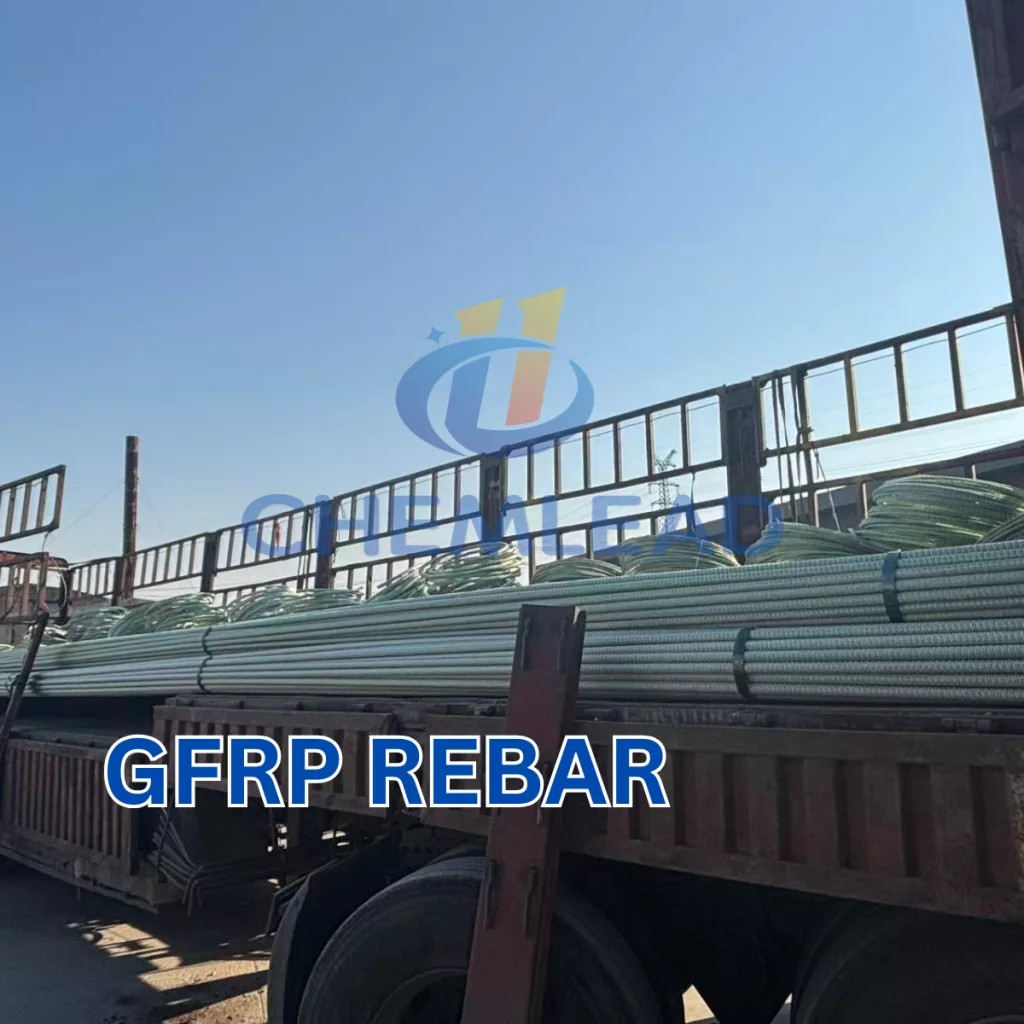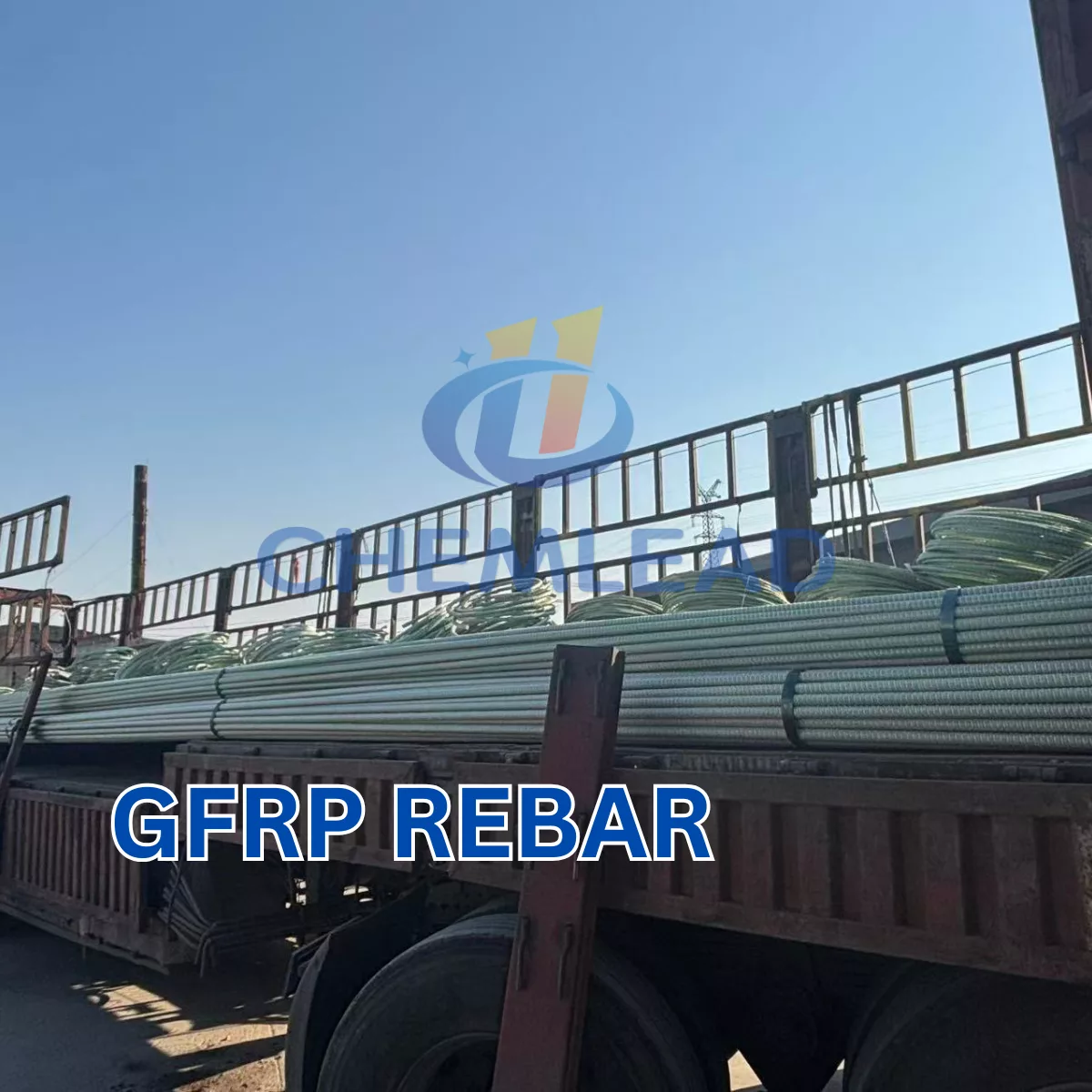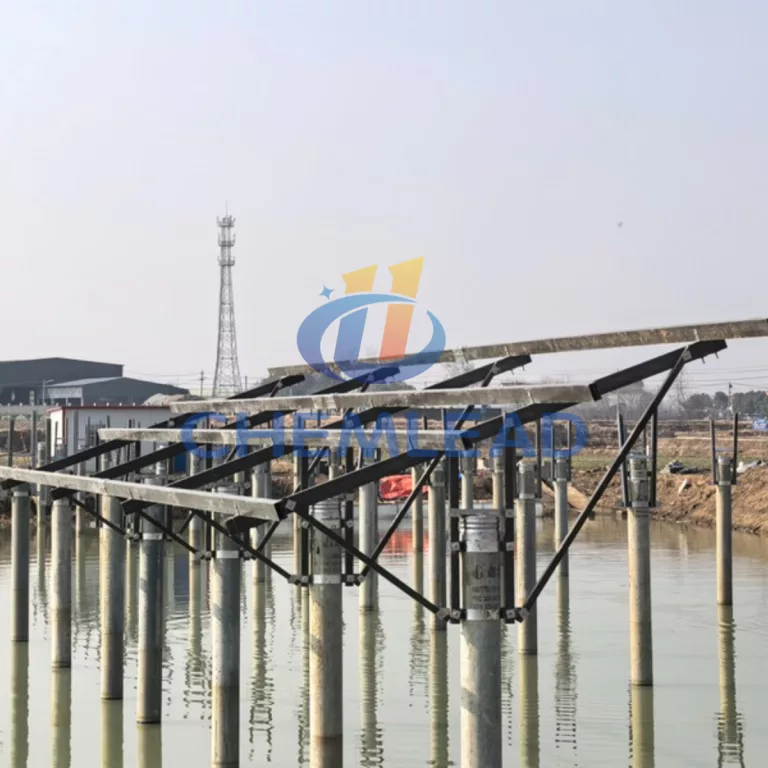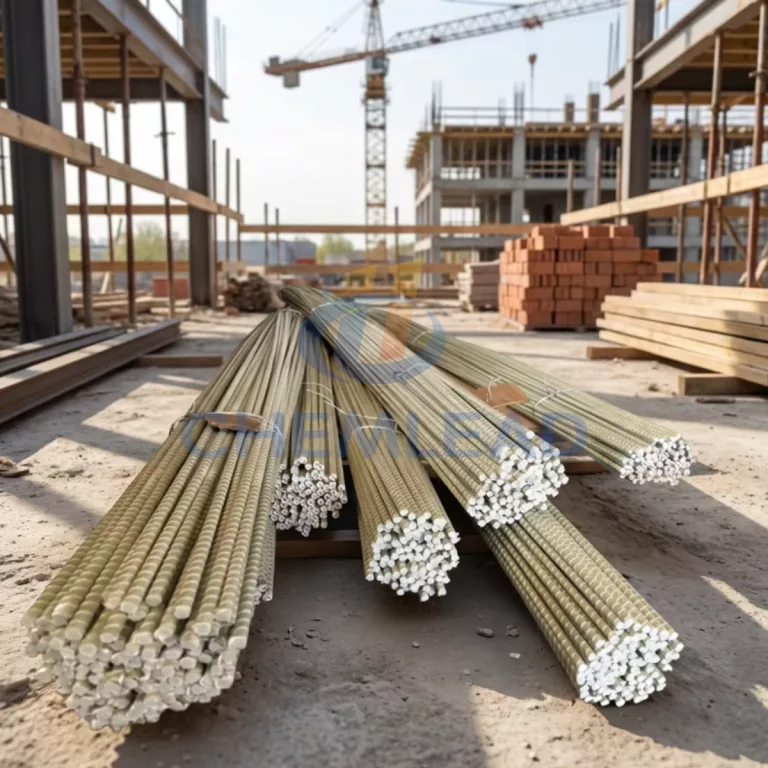+8613776545860

Concrete is only as strong as the reinforcement inside it — and for decades, steel rebar has been the default choice. But with corrosion issues, rising maintenance costs, and the demand for longer service life, engineers and contractors are now turning to GFRP rebar (Glass Fiber Reinforced Polymer Rebar) as the smarter, more durable alternative.
In infrastructure, coastal construction, residential foundations, and industrial facilities, GFRP rebar is redefining what long-lasting concrete can be.
GFRP (Glass Fiber Reinforced Polymer) rebar is made from high-strength glass fibers combined with a durable resin matrix. This creates a lightweight, corrosion-proof reinforcement that delivers exceptional performance in both traditional and harsh environments.
Unlike steel, GFRP will never rust — making it ideal for applications where moisture, salt, chemicals, and temperature variations are major concerns.
Key Advantages of GFRP Rebar
🔹 1. 100% Corrosion Resistant
Steel rusts. GFRP does not — ever.
This eliminates:
-
Concrete spalling
-
Expensive repairs
-
Reduced structural lifespan
GFRP is especially beneficial in:
-
Coastal and marine structures
-
Seawalls and retaining walls
-
Bridges and decks exposed to de-icing salts
-
Wastewater treatment plants
-
Chemical facilities
🔹 2. High Tensile Strength
GFRP rebar delivers excellent tensile strength, often higher than steel by weight.
This provides reliable performance under demanding loads while supporting modern engineering requirements.
🔹 3. Lightweight for Faster, Safer Construction
GFRP rebar is 3–4 times lighter than steel.
This means:
-
Easier handling on-site
-
Faster installation
-
Lower labor costs
-
Reduced transportation expenses
Teams can complete reinforcement work with fewer workers and less heavy equipment.
🔹 4. Non-Conductive & Non-Magnetic
For projects where safety and precision matter, GFRP offers clear advantages:
-
No electrical conductivity
-
No electromagnetic interference
-
Ideal for power plants, substations, MRI rooms, and telecom sites
🔹 5. Long Service Life in Harsh Environments
With zero corrosion and strong resistance to chemicals, moisture, and extreme temperatures, GFRP rebar delivers decades of maintenance-free performance.
Engineers are already specifying GFRP for projects requiring a 50-100 year design life.
Where GFRP Rebar Outperforms Steel
GFRP is gaining rapid adoption across multiple industries:
-
Residential: driveways, slabs, foundations, ICF construction
-
Infrastructure: bridges, tunnels, culverts, retaining walls
-
Marine: seawalls, docks, piers, coastal barriers
-
Industrial: chemical plants, pipelines, wastewater facilities
-
Transportation: airport runways, highways, precast components
Wherever corrosion or weight is a concern, GFRP is now becoming the preferred reinforcement material.
Is GFRP Rebar Right for Your Project?
If your project demands durability, low maintenance, and long-term cost savings, GFRP rebar is an excellent upgrade over traditional steel.
Our factory supplies full specifications, drawings, standard diameters, and competitive pricing for global builders, distributors, and contractors.
Ready to Build Stronger?
Contact us for:
-
Diameter options
-
Technical data sheets
-
Load performance values
-
Project recommendations
-
Factory pricing for bulk orders





 Get Free Quote Now! Don’t Hesitate!
Get Free Quote Now! Don’t Hesitate!